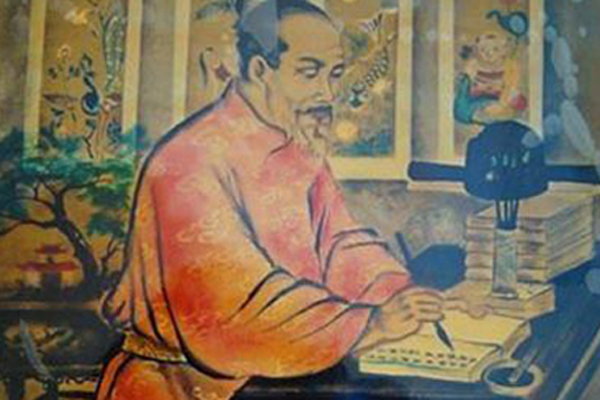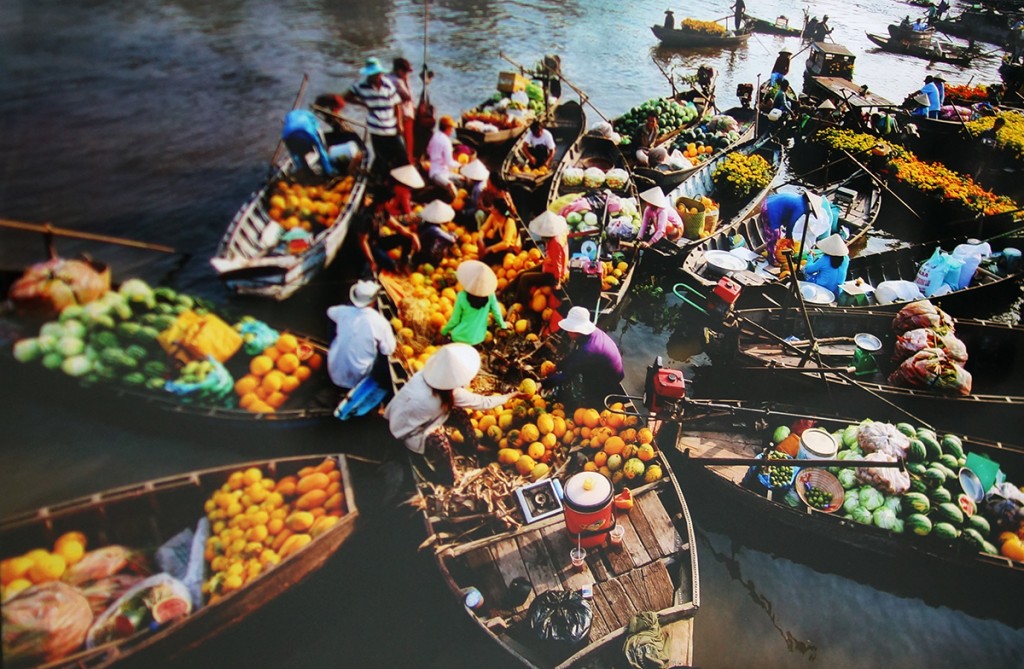Such a movement started once before; timidly it is true, in the 30’s of the last century, when the "white peril" was making itself felt more and more keenly...
The early 90’s saw Vietnam opening itself to the West.
Such a movement started once before; timidly it is true, in the 30’s of the last century, when the "white peril" was making itself felt more and more keenly.
In the tight of the present opening it may be interesting to examine the state of mind of the intellectual elite of that era steeped in Confucianism.
We are offered a chance to do so by the recent publication, in Paris, of the Brief Account of a Sea Voyage, by Phan Huy Chu. In 1832-33, Chu was a Vietnamese envoy to Batavia (now known as Djakarta). This is the first time that this book, long mentioned in scholarly bibliographies, has been made available to the public.
At the present juncture, when the countries of Southeast Asia are seeking to restore ancestral ties and find a common history, this document assumes particular significance.

Phan Huy Chu, an eminent historian, born into a family of illustrious scholars, left a Chronology of Dynasties in 49 parts, comprising studies on geography, as well as bibliographies.
His voyage to Indonesia (via Singapore) was one of the missions sent out by the Nguyen kings, who attached great importance to the countries of the South Seas for military (buying of weapons), economic, and political reasons.
Please find out more about Tours in Laos or Mekong River Cruises
Accompanied by two other officials, Phan Huy Chu was to look into the establishment of Westerners in the region, and their political aims. His account is centered on his voyage from Da Nang to Batavia.
Not without pride, he speaks first of the expansion of the country southward, as his boat hugs the coast.
In Batavia, as in Singapore, he describes the British and Dutch rule and the servitude of the native. He is less interested in the latter's living conditions than in the activities of the white men, although, through his Confucian prism, he considers only the civilization of the Middle Kingdom to be of value. Both the native populations of the southern islands and the "red-haired" white men he thinks "barbarians".
Phan Huy Chu is impressed by the material and technical feats of the Westerners: wealth, urbanization, sawmills worked by the force of water, the harnessing of animals and the development of sea-going vessels, painting, administration and justice.
He notes: "It seems that rivalries among the barbarians have not yet ended. It is because their interests are at stake that they continue to be in conflict".
On the other hand, the Chinese settlers, on account of their numbers, wealth, and skills, receive much greater consideration than the native populations.
The juxtaposition of Sino-Vietnamese spiritual and moral values to Western ones confers an indisputable superiority to the former.
The author condemns the absence of social etiquette: "The practice of right relationship between men of consequence and commoners do not exist. This is because they are not acquainted with the precepts and teachings of the Zhou and Confucius. Thus, though they excel in many talents, they remain barbarians".
This contempt for the material, to the advantage of the spiritual and ethical, was common to intellectuals in the Confucianised countries - China. Japan, Korea - at the time of the first encounter with the West.
In Vietnam, apart from a handful of reform-minded scholars, it led the intelligentsia to closure and conservatism - the cause of the loss of the country in the latter part of the 19th century.
It is time for us to ponder the lesson of the past and reformulate in Vietnamese terms the concept of "development". Should openness and the free market drive us, and our young people in particular, to deny our traditional cultural values in exchange for everyday gadgets and ready-made ideological garments imported from the West?



